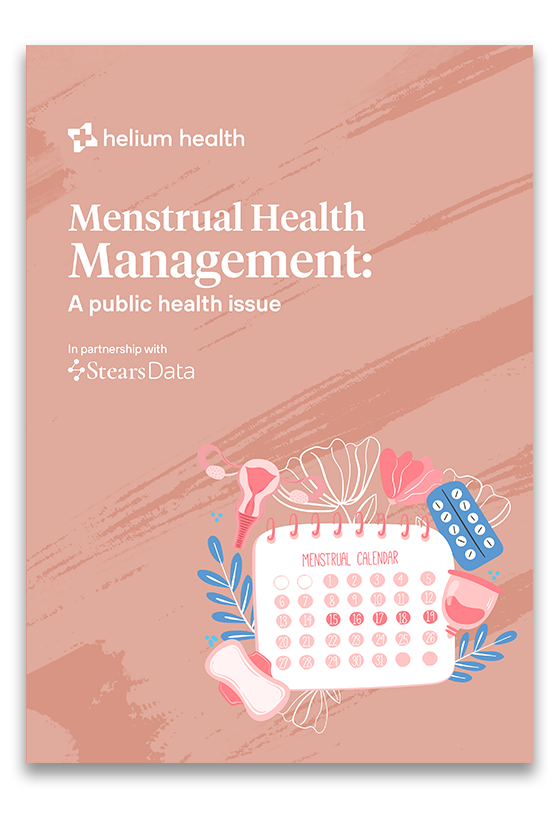27% of females over the age of 25 have never received formal education compared to 11% of males
At the bottom of this lies the issue of poor menstrual health management, We have published a research paper with Stears Data, To download, click below.

Case Study 1: India
In a 2015 study in India, menstruation led to higher absenteeism amongst girls. In some schools, up to one out of five girls missed school during their period. Interestingly, this prob- lem was affected by the type of men- strual item used.
Case Study 2: Ethiopia
In a 2013 study in Ethiopia, more than half of all girls were absent from school during their menstrual period. Again, this was af- fected by the menstrual item used. Stu- dents who didn’t use disposable sanitary napkins were over 5 times more likely to be absent from school.
Case Study 3: Nigeria
In a 2014 study in Ibadan, dysmenorrhea, a painful symptom of menstruation played a role in school absenteeism and affected class concentration, class participation, social, and sports activi- ties for girls in school.
Education empowers women to contribute to
inclusive economic growth, positive societal change and make better decisions for themselves and their families. However, the potential burden of poor menstrual health management is robbing hundreds and thousands of young ladies of the opportunity to get an education.
